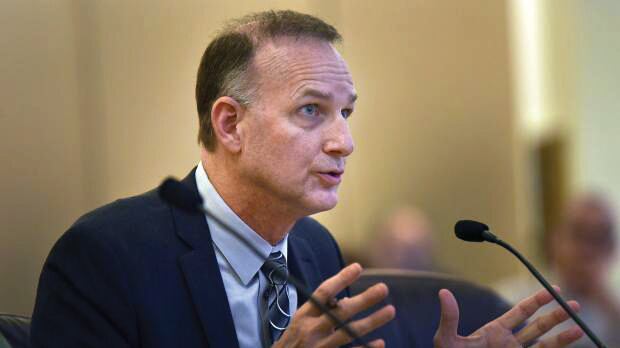Multnomah County District Attorney Rod Underhill will be sponsoring a ballot initiative that would repeal the state's constitutional amendment that allows non-unanimous juries to convict people in Oregon courts.
"If we have laws that are based on a foundation of racism, bias and prejudice," Underhill says, "we need to look at them closely—whether they need to be changed or whether they need to be repealed."
The Oregon District Attorneys Association, made up of the 36 elected district attorneys in the state, will stand with Underhill to push for this constitutional change.
But the surprisingly progressive stance of the state's district attorneys wasn't meant to be announced for several weeks, Underhill says. The campaign's website, which is no longer publicly accessible, was published online by mistake and noticed early Wednesday morning. It has since been password protected.
He says the ODAA will support repealing the constitutional measure that allows for juries to convict defendants with a 10-2 vote.
The association's support for the change could reduce conviction rates – which makes the full support of the ODAA somewhat surprising. However, Oregon is one of only two states that allows non-unanimous convictions (Louisiana is the other) and the law has recently come under heightened scrutiny.
A Lewis & Clark Law School professor, Aliza Kaplan, wrote extensively on the anti-Semitic basis of Oregon's jury vote rules. The Supreme Court rejected a case that could have struck the state's law—so now the easiest avenue to change is through a ballot measure.
Petition sponsors will have to gather more than 117,000 signatures to get the motion on the ballot, and then drum up enough support from voters to pass the constitutional amendment that would repeal Oregon's jury rules.

